Understanding business liquidation in Australia

When a business encounters financial difficulties, there are various insolvency options available. Whether you’re a company director managing a struggling enterprise or an advisor guiding one, liquidation is a potential outcome. Surprisingly, even profitable businesses may choose liquidation in certain circumstances. But why does this happen, and what does liquidation involve?
Let’s break down what business liquidation means, the process, and why it might be the right choice for some businesses.
Avoiding director’s liability during insolvency

Running a business in Australia comes with many responsibilities, and as a company director, one of the most significant is ensuring the company meets its legal obligations. However, when a business faces financial trouble, directors can find themselves at risk of personal liability if they fail to act appropriately. Understanding how to protect yourself legally during insolvency is critical for directors who want to navigate this challenging time responsibly and avoid potential consequences.
Here’s what you need to know about avoiding director’s liability when your business is in financial distress.
Understanding safe harbour provisions

For company directors in Australia, navigating the complexities of financial distress can feel like steering through stormy waters. However, the safe harbour provisions, introduced under Australian corporate law, act as a crucial lifeboat, providing directors with protection from personal liability while they work to turn a struggling business around.
In this blog, we’ll break down what safe harbour laws are, why they matter, and how directors can leverage these provisions responsibly and effectively.
Successful business turnarounds after insolvency

In the ever-evolving world of business, setbacks are inevitable, and sometimes those setbacks can take the form of insolvency. However, insolvency doesn’t have to be the end of the road for a business. With the right strategies, commitment, and guidance, many companies have bounced back from financial hardship and returned to profitability. This blog explores some real-life examples of businesses that successfully turned their fortunes around after facing insolvency, offering valuable insights for struggling enterprises. If your business is facing financial challenges, these stories may provide the inspiration you need to explore turnaround strategies and a path forward.
Corporate insolvency explained: a guide for Australian businesses facing financial challenges

Corporate insolvency is a critical issue affecting many businesses, occurring when a company is unable to pay their debts as they fall due. For businesses, insolvency can lead to severe consequences, including liquidation or administration. It can also damage relationships with creditors, suppliers, employees, and stakeholders. In this article, we’ll take a closer look at insolvency, its types, legal implications, early warning signs, and the steps businesses can take to manage insolvency risks.
Appointment of provisional liquidators by the courts

The appointment of provisional liquidators is a serious step that the court takes to protect the interests of stakeholders, as well as ensure proper management of a company’s affairs in extraordinary circumstances. Here, we discuss the situations that can lead to an appointment, the legal and financial implications, plus steps business owners can take to avoid this outcome.
Crafting a comeback: navigating financial challenges in Australia’s craft beer industry

Australia’s craft brewing industry is facing a perfect storm of challenges that threaten the survival of many independent breweries.
Recent news of high-profile collapses and acquisitions of Australian craft brewers, such as the acquisitions of Balter Brewing by Carlton & United Breweries, Green Beacon Brewing by Asahi, Stone & Wood by Lion and 4 Pines by AB InBev, has highlighted the urgent need for action to support this sector.
While these acquisitions might provide financial stability for the individual breweries, they also raise concerns about the long-term impact of the independence, diversity and innovation that characterises Australian craft brewing.
How hospitality business owners can secure longevity in the face of adversity

The recent liquidation of the BCN Events Group, a national hospitality group of companies based in Brisbane, has brought to light the various challenges faced by businesses in the Australian hospitality industry.
The group’s seven bakeries, including popular establishments like Mica cafes and Lumiere Culinary Studio, have ceased trading, affecting 90 staff members.
While this development is undoubtedly concerning, it presents an opportunity for business owners and leaders to reflect on their own practices and take proactive measures to ensure the longevity and resilience of their ventures.
Mitigating operational risks: lessons for Australian start-up founders

Australia’s innovative start-up sector has been growing rapidly in recent years. As of June 2023, there were approximately 2.5 million actively trading businesses in Australia, with a significant portion being start-ups less than five years old. However, start-ups are vulnerable to challenges, with cash flow issues, high levels of debt and inadequate financial management often being major causes of start-up insolvency.
Navigating the hazards of liquidation as a director

For directors considering liquidation, understanding the extensive personal risks involved is crucial to making an informed decision about the future of your company.
When a company faces insolvency, the notion of liquidation can seem like a tempting way out. However, this path is rife with legal and financial risks for directors that must not be
underestimated.
It is important to remember that every situation is different. Whilst liquidation might be the right course of action for you and your company, it is essential to understand how liquidation exponentially amplifies personal exposures that, if not properly handled, can lead to unfortunate
consequences.



